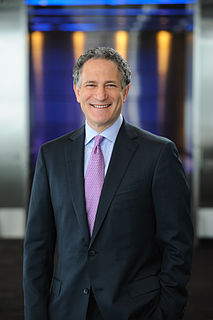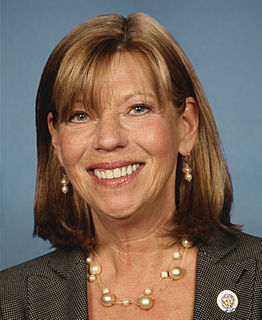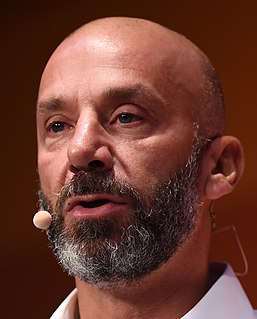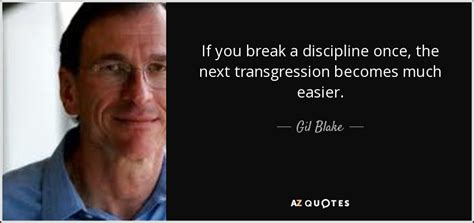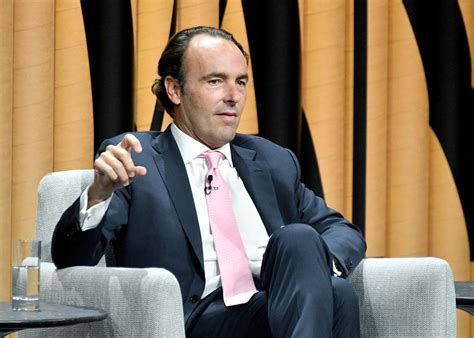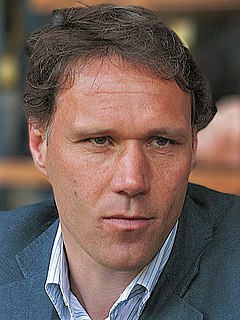A Quote by Larry Hite
Never risk more than 1% of total account equity on any one trade. By risking 1%, I am indifferent to any individual trade. Keeping your risk small and constant is absolutely critical.
Related Quotes
Essentially, not only do we believe in this myth of 'de-risking', but it has become the one overriding goal; de-risking above growth, de-risking above innovation, de-risking above everything else. And we've reached the point where the Fed is using $70 Billion a month to 'de-risk' a largely insolvent banking system. And this can only end badly. The idea that you can do capitalism without risk is ridiculous on its face.
To laugh is to risk appearing a fool. To weep is to risk appearing sentimental. To reach out to another is to risk involvement. To expose feelings is to risk exposing your true self. To place your ideas and dreams before a crowd is to risk their loss. To love is to risk not being loved in return. To hope is to risk pain. To try is to risk failure. But risks must be taken, because the greatest hazard in life is to risk nothing.
Substantial progress was made in spreading our foreign trade to other areas. Our total trade with Northwest Europe in the first 8 months of last year was 42.3 per cent above the corresponding period the year previous, and our total trade with Asia was up 13.5 per cent. For the first time since 1919, the United States in the first 8 months of 1956 accounted for less than 60 percent of our total trade.








